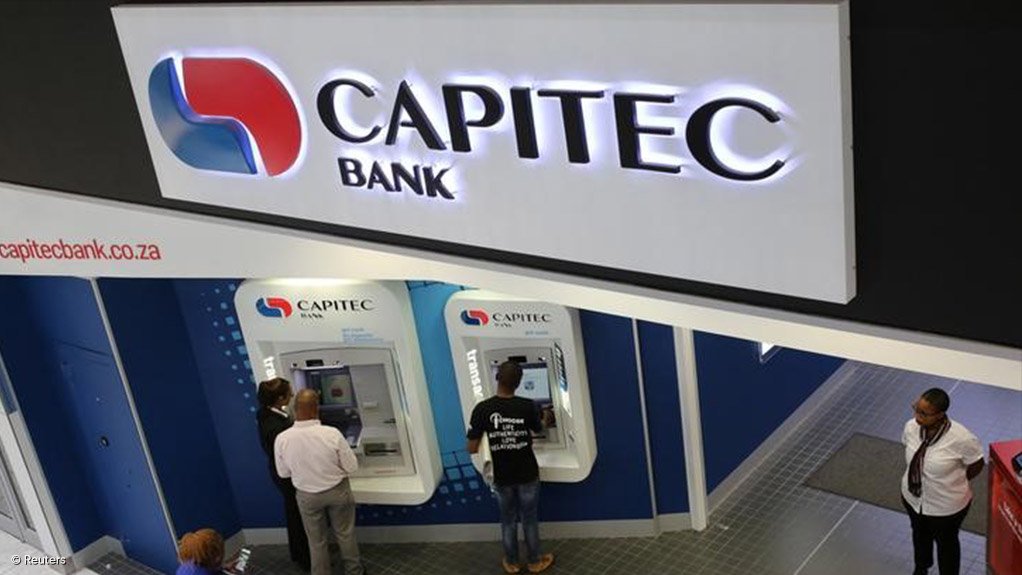Capitec defended the robustness of its loan book on Monday, while US-based short seller Viceroy Research criticised the South African Reserve Bank (SARB) for previously vouching for the bank.
Viceroy in late January published a report labelling Capitec a “loan shark” with bad debt that should be placed under the curatorship of the SARB.
The report initially caused Capitec's share price to drop, but it has strengthened since then.
Capitec shares were trading at R879.95 on the JSE at 12:45 on Monday - 6.7% lower than at the close of market on January 29, the day before the Viceroy report was published.
In a new statement on Monday, Capitec meanwhile referred to the Viceroy report as both "fundamentally flawed and misleading", adding that the bank's own number crunchers have been able to show certain of its conclusions were incorrect.
Viceroy vs SARB
In a five-page statement published to its website on Monday morning, Viceroy took aim at the SARB for vouching for Capitec's financial robustness.
This came after the SARB, in response to Viceroy's initial report, put out a statement saying it believes Capitec is “well capitalised and has adequate liquidity”.
“The bank meets all prudential requirements,” the SARB said in late January.
But the short seller on Monday alleged that SARB, in making this statement, was relying on figures provided by Capitec that are “not reliable”.
“The South African Reserve Bank has a responsibility to determine whether the information provided to them and on which they base their regulatory decisions is accurate. We do not think it is.
"The SARB has, at this point, a responsibility to perform a full regulatory inspection of Capitec. Viceroy remains firm in its belief that this will result in SARB placing Capitec into curatorship,” it said.
Capitec has strongly denied the allegations included in Viceroy's report.
On Monday, in its new investor statement, Capitec said three of the main conclusions in the Viceroy report were wrong.
It said Viceroy's claims that the bank has misrepresented the value of its loans are incorrect, as are allegations that it would have to write off R11-billion in bad loans, and is rolling existing loans by issuing new credit.
"We deny the accusation that we roll unpaid loans and confirm that we do not charge initiation fees when rescheduling loans," it said.
"Rescheduling is an amendment to an existing contract and rescheduled loans are therefore not included as new credit granted or loan sales," it said.
On January 30, the same day the report was published, Capitec CEO Gerrie Fourie also accused Viceroy of publishing the report with a clear "profit motive" to push down Capitec's price.
EMAIL THIS ARTICLE SAVE THIS ARTICLE
To subscribe email subscriptions@creamermedia.co.za or click here
To advertise email advertising@creamermedia.co.za or click here











